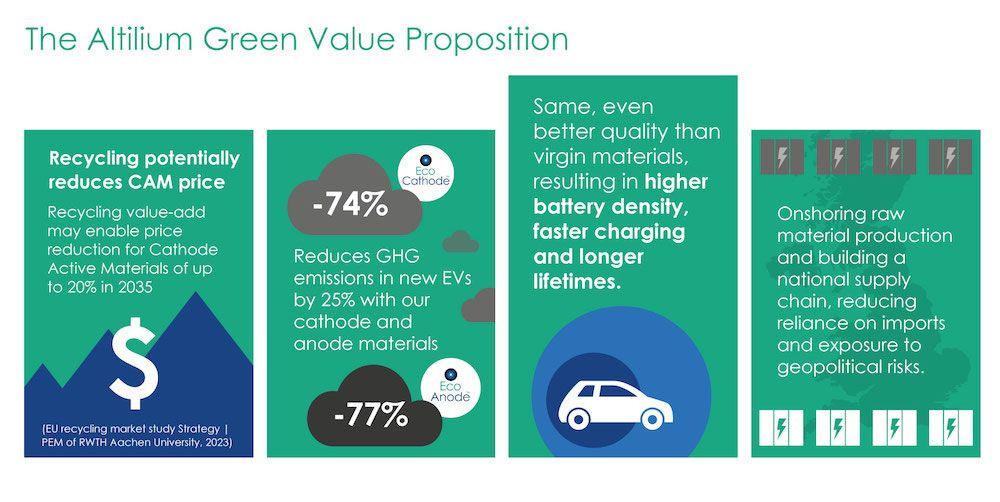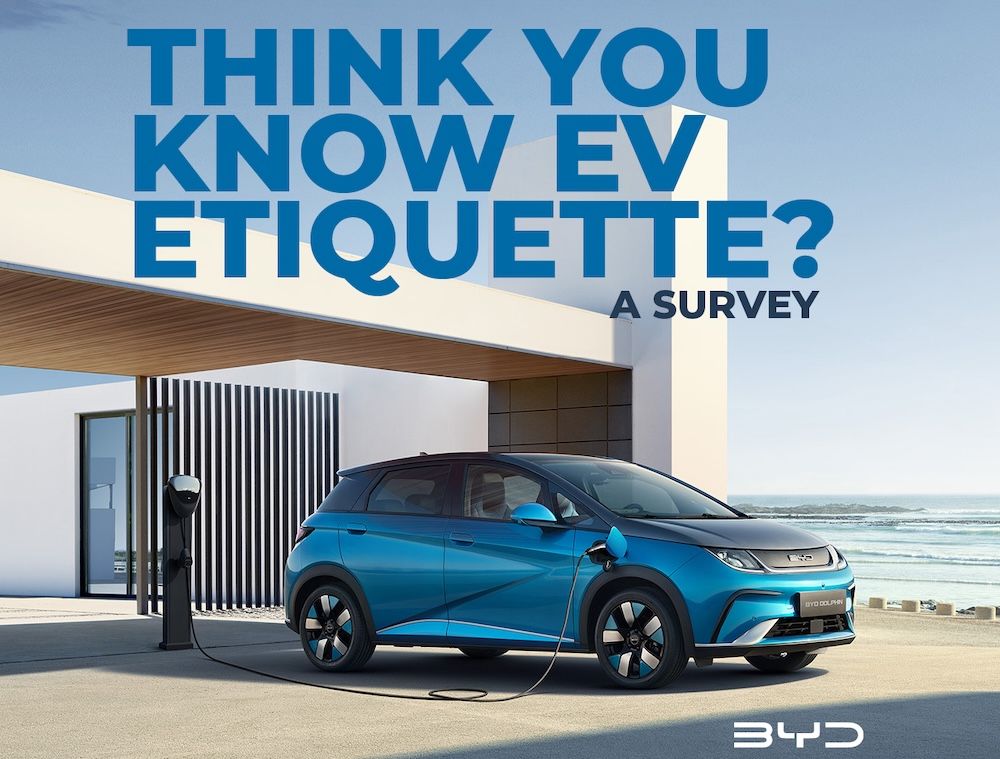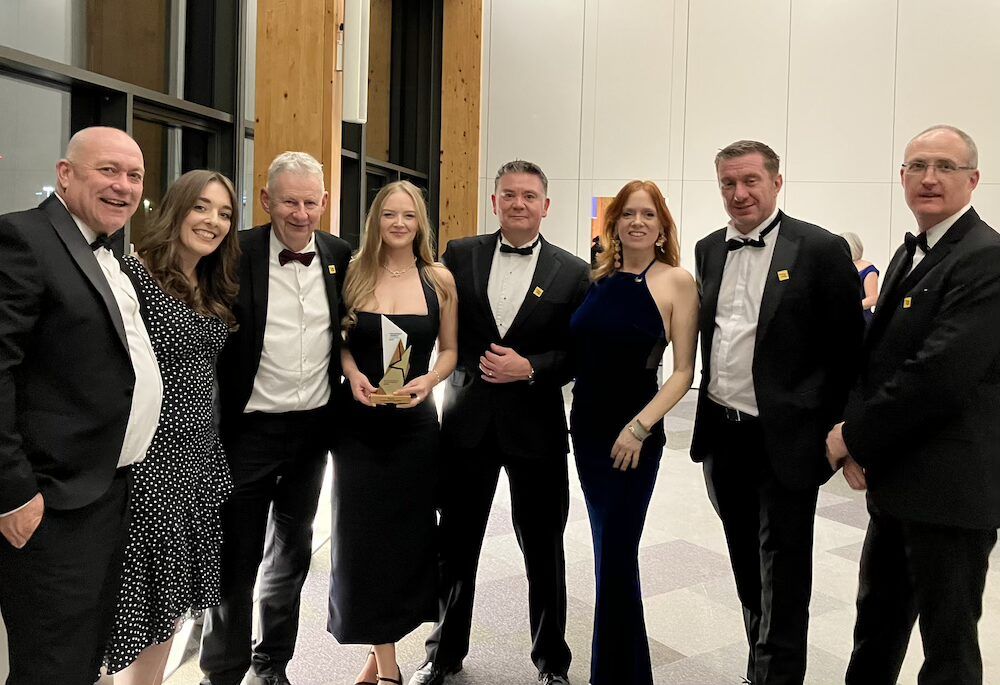New research has claimed that recycled EV battery materials can match and even surpass the performance of virgin-mined materials.
The study by Imperial College London for UK clean technology firm Altilium showed recycled cathode active materials (CAM) confirmed distinct improvements in purity, morphology and electrochemical performance, compared to commercially available materials.
The benefits have the potential to deliver significant improvements in battery performance – including longer battery life, faster charging times and lower costs.
Under the research programme, Imperial carried out extensive electrochemical testing of coin cells and pouch cells manufactured with recycled CAM produced at Altilium’s ACT1 facility in Devon.
The results demonstrated superior rate and cycle performance compared to commercially available CAM used in high-nickel NMC 811 batteries.
With a cycle cell capacity exceeding 150 mAh.g−1, Altilium’s materials significantly outperformed typical ranges for mined materials, it revealed. Analysis of the recycled CAM samples also revealed significant advancements in particle size and distribution, contributing to improved stability and cycling behaviour.
Crucially, minor changes observed during testing affirmed the chemical and physical robustness of the recycled CAM, further highlighting its potential for long-term battery performance.
The findings underscore the potential of Altilium’s proprietary EcoCathodeTM process, which is capable of recovering over 95% of critical metals, including lithium, from end-of-life EV batteries.
Altilium co-founder COO, Dr Christian Marston, commented:
“These results confirm the reliability and superior performance of Altilium’s materials and validate our mission to build a UK champion for EV battery recycling.
“Recycled CAM not only aligns with global sustainability goals but also offers improved technical performance at a lower cost, making it a game-changer for the EV industry.”
Image courtesy of Altilium








